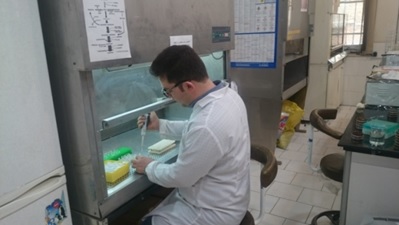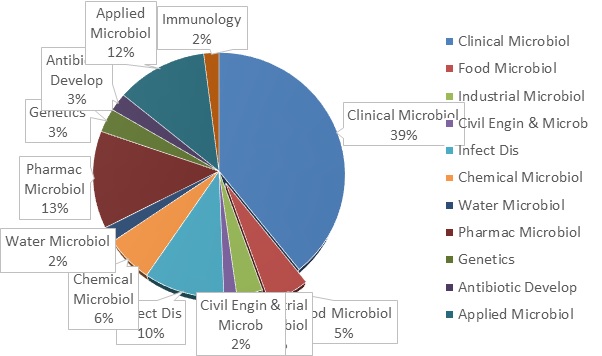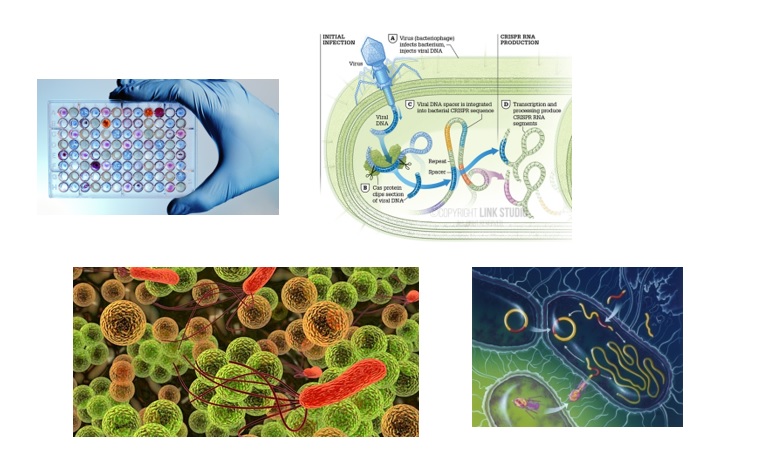Microbiology Laboratory, Drug Applied Research Center
Head of Laboratory
Dr Hossein Samadi Kafil
PhD of Medical Microbiology
Email: kafilhs@tbzmed.ac.ir,
Email: h.s.kafil@gmail.com
|  |
Staff
Dr Arshad Ghaffari Nasab
PhD of Physiology
Email: arshad.gh24@gmail.com | 
|
The microbiology laboratory of the Drug Applied Research Center is one of the leading laboratories in the microbiology field. This laboratory has all the equipment for conventional microbiology tests, molecular analysis, proteomic analysis, Biofilm assay, Food microbiology, and anaerobic culture facilities. Since 2011 it has worked under the supervision of Dr. Hossein Samadi Kafil and more than 550 papers have been published and 10 patents have been registered. Currently main topics of research in this laboratory are Food Microbiology, developing probiotics and postbiotics for treatment and prevention purposes, Proteomics, NGS for gut microbiota analysis, and new antimicrobial agents for preventing drug resistance infection. Till now, more than 300 Master's and Ph.D. students have done their thesis and dissertations in this lab, mostly from Tabriz University of Medical Sciences, Tabriz University, Islamic Azad University, and other universities in northwest Iran. This laboratory has collaborations with Baku State University, Copenhagen University, Izmir Dukuz Eylul University, and Orenburg University. This collaboration consists of student exchange, professor exchange, and research proposal development.
 |

|
Research Majors in Microbiology Laboratory:

|
| Current Studies:
1- Postbiotics, Probiotics and Gut Microbiota 2- Gut microbiota contribution to human health 3- Crispr/Cas in bacteria, its role in pathogenesis and drug resistance 4- Peptide nucleic acids as an alternative therapy 5- Nanocomposites and infection control 6- Herbal medicine against infections 7- Food Microbiology control 8- Drug resistance in infections 9- Chemical compounds against bacteria 10- Infection identification methods 11- Next Generation sequencing (NGS) application in gut microbiota identification |
 |